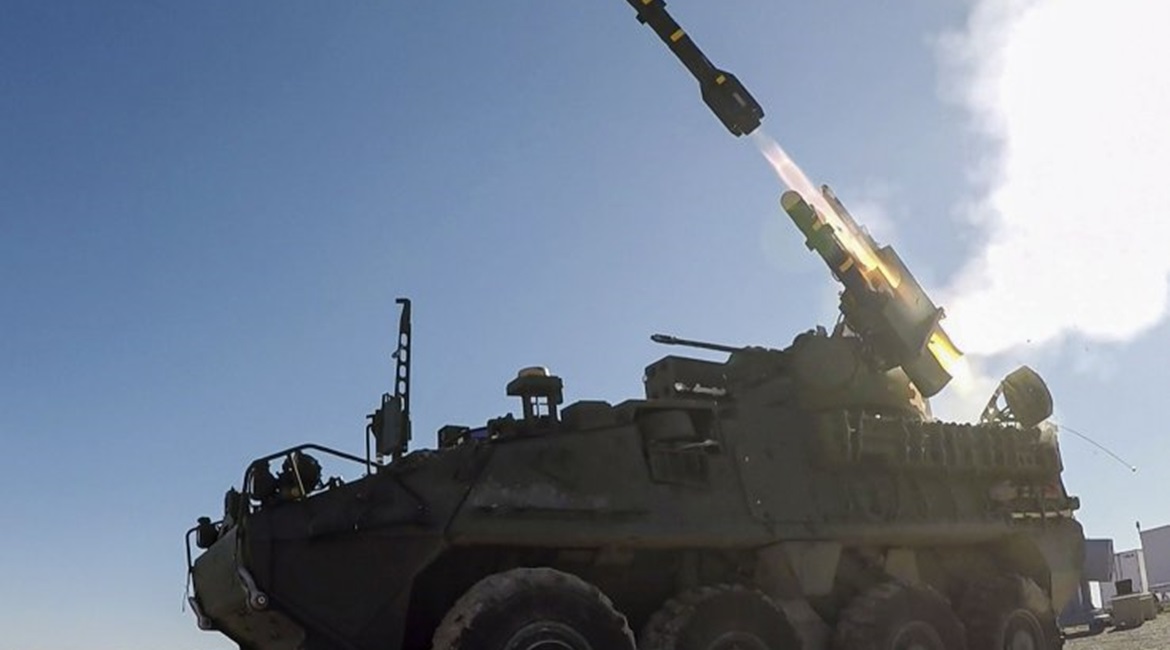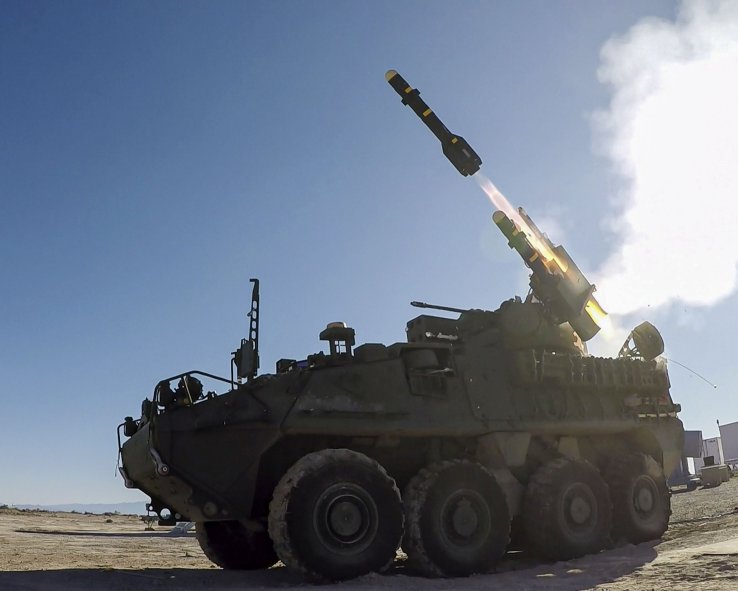
Testing new weapons in an ongoing challenge for US Army leaders in the face of the outbreak of coronavirus, and the service’s Air and Missile Defense Cross-Functional Team (CFT) is experiencing testing delays with its Integrated Battle Command System (IBCS) and Interim Maneuver Short-Range Air Defence (IM-SHORAD) vehicle.
Brigadier General Brian Gibson, the head of the CFT, told Jane’s on 22 April that his team’s top four development efforts – which also includes Raytheon’s Lower Tier Air and Missile Defense Sensor (LTAMDS) and fielding an Indirect Fire Protection Capability (IFPC) – is currently concerned only with testing slips to IBCS and IM-SHORAD due to programme maturity and the current testing phases.
“There may be near-term impacts that we see today [and] I'm not confident that we fully understand yet the broader, longer-term impacts as a society let alone inside the military,” the general said . “So, what we're most interested in is to try to protect outcomes” such as upcoming fielding dates.
IBCS is the army’s effort to develop and field a next-generation missile defence-control network for the full-range of “sensor-to-shooter” capabilities. Northrop Grumman is currently under contract to develop the system and the army wants to have an initial capability ready in 2022.
To reach that date, the army was to have conducted an IBCS limited-user test (LUT) at White Sands Missile Range in New Mexico in mid-May that would run for six to eight weeks. However, Covid-19 restrictions associated with social distancing and protecting the health of troops and contractors has delayed the LUT.

Looking to read the full article?
Gain unlimited access to Janes news and more...






